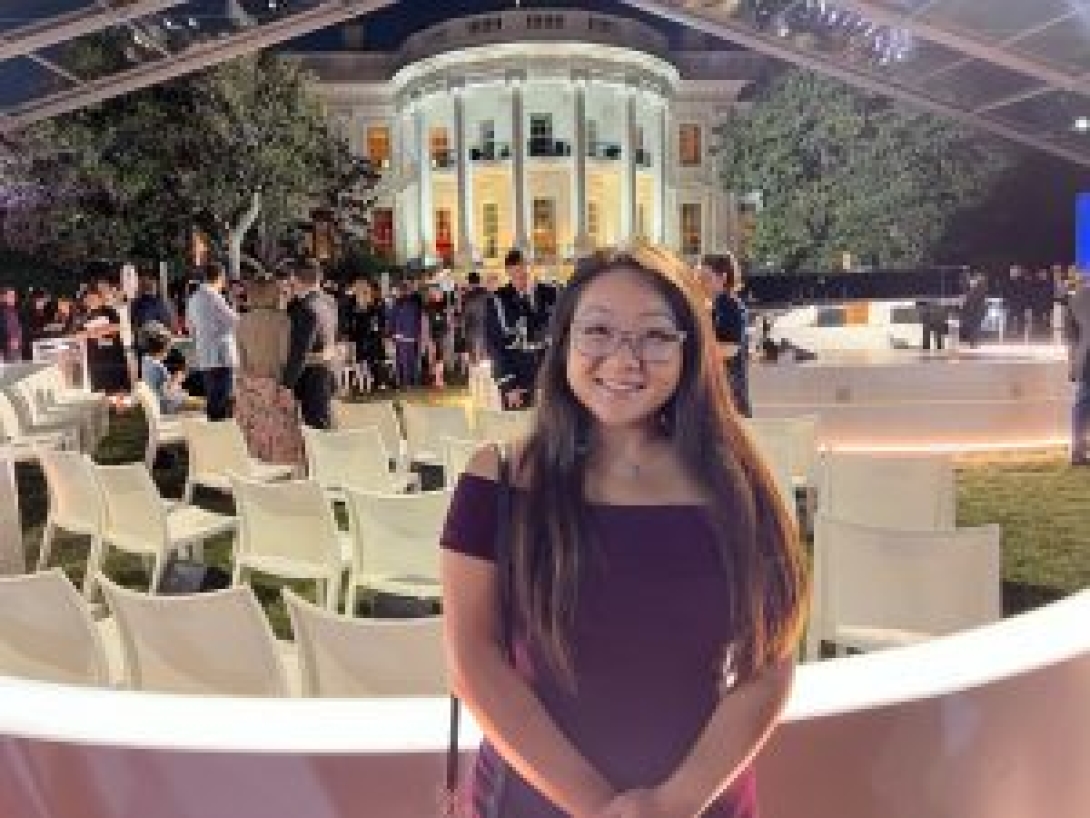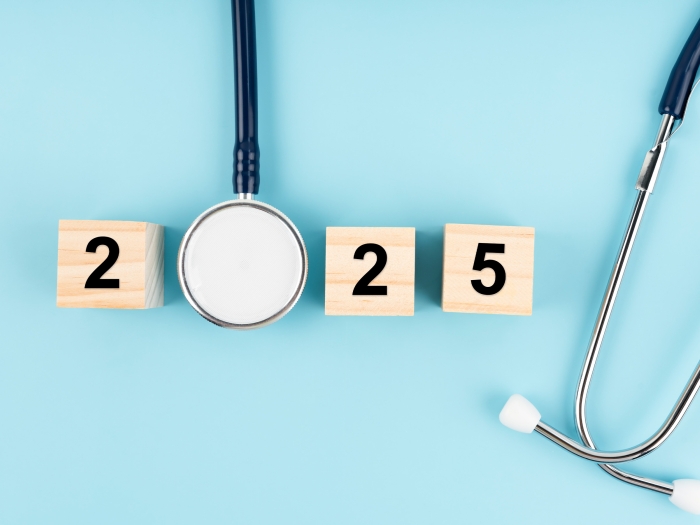It took me two hours to find my DC Metro card. I had gone out of my way to get a special edition cherry blossom one during my gap years there, and I definitely still had money on it. I was excited to go back to a place that feels like a home and walk around with familiarity; the hotel where the conference was held was literally two blocks away from where I used to live.
What I didn't expect, however, was a flood of memories about my journey to medical school. Now that I was here as a visitor to present at a medical conference, I was passing through my old neighborhood as a medical student. The last time I had walked those streets was when I packed everything into my car and drove to Michigan to start this new adventure.

Here I was, living out my dream and more. It was so refreshing to remember the effort and passion that I poured into getting to this moment, especially in the midst of clinical rotations. Not only was I working towards the career of my dreams, I was also discovering new passions I never knew I had. The DC version of me would never have guessed that I would be interested in surgery and be presenting at a surgical conference.
Then I walked into the conference. I was immediately greeted by hundreds of people, all who looked like they just arrived at their old stomping grounds. People were greeting old friends they haven't seen in a while, chatting excitedly about not only their research but a whole host of new developments in the medical forefront. I was fascinated by this microcosm but also suddenly intimidated. While I knew that this would be a new learning experience for me, I did not fully comprehend how daunting the barrier of entry would feel until then. With my surgery rotation under my belt, I was hoping to come in feeling at least a bit more prepared.
The conference itself was a fantastic flurry of excitement. I was able to see developments that other medical schools and students were making in surgical research, support some of my friends in their incredible presentations, and spend some time chatting with the DaVinci robot rep to better understand the mechanics and try my hand at it myself. It was wonderful to reaffirm that I loved medicine and that I also loved to work with my hands. Even though my presentation was on the last day, my friends still showed up to cheer me on. I had an incredible time learning about surgery, honing my presentation skills, meeting new people, and growing into my UM community and the overall surgical field.
In hindsight, I realized by chatting with U-M people that I had been living right next to a "University of Michigan" bar in DC during my time here. I remember looking out my window and seeing random gaggles of people wearing Michigan gear and feeling a sense of pride and excitement after I found out I got into the medical school here. It turns out that my U-M community had been in DC all along – I just needed to find myself in it.

University of Michigan Medical School
Want top health & research news weekly? Sign up for Health Lab’s newsletters today!





